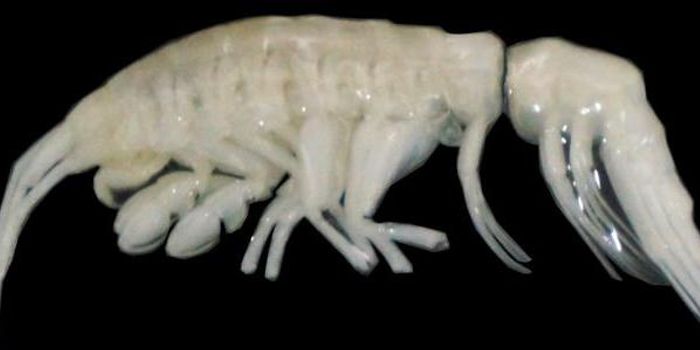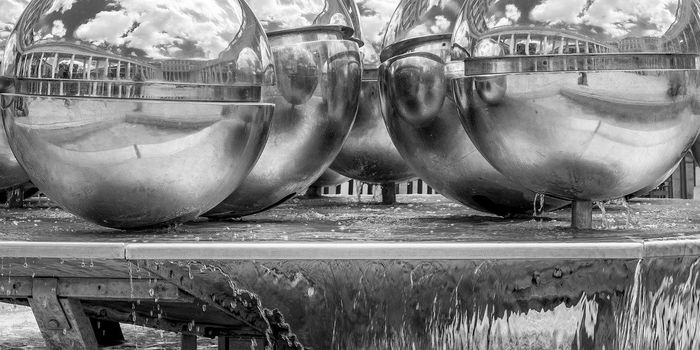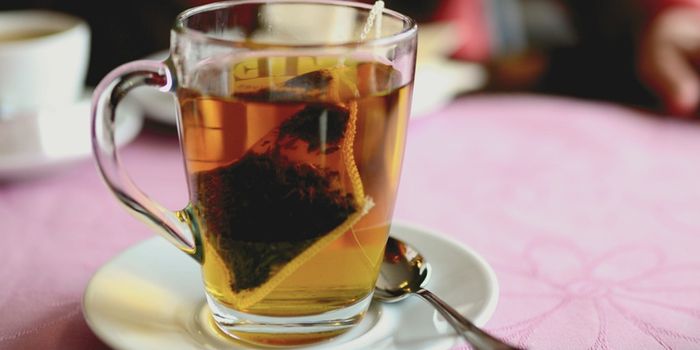Legal Loopholes Permitting Dangerous Air Pollution
A chemical plant in Port Arthur, Texas is producing ten times as much sulfur dioxide as its neighbors combined, and more than 80% of all the industrial sulfur dioxide in the county. They manage to pollute the air legally through several legal loopholes in order to extract every penny of profit possible at the cost of the health of their neighbors. The chemical plant produces calcined coke, a byproduct from oil refineries that is used to produce things like aluminum, steel, and cement. This Oxbow Carbon LLC plant is one of three owned by William Koch that all benefit from this loophole.
When the Clean Air Act was passed, there were clauses that allowed for older plants to be somewhat “grandfathered in.” They were allowed to continue to function as normal until the facilities expanded or modernized to give them some time until they had the money to upgrade. Most refineries upgraded significantly over the years and added better environmental protections with their improvements as was legally required. But the Oxbow facility made modifications that were small enough to be overlooked by the EPA’s definition of expansion or modernization and are therefore allowed to continue to put the community at risk. Some states have closed these loopholes, requiring tighter regulations for sulfur dioxide emissions at these kinds of refineries, but many states have not kept up. Installing air scrubbers is an industry standard now and is not terribly difficult or expensive compared to the profits of the business.
Many residents in the area complain of cancers, asthma, and other health problems, and the area is disproportionately affected by respiratory illnesses like asthma. Air pollution contributes to all of these problems, but proving that a particular chemical plant is to blame is incredibly difficult. The people most affected by the chemical plant’s emissions live on the west side of the city, where winds bring smoggy air pollution into the mostly Black community. Ninety-eight percent of people that live within three miles of the plant are people of color who have been historically overlooked or ignored. The community is trying many different tactics to reduce the pollution: appealing the renewal of permits allowing the pollution, writing articles in local newspapers, supporting legal changes by state representatives, suing companies for damages, and filing civil rights complaints. So far, these have not produced any change.
In court, Oxbow’s executive vice president said that investing in improving air quality by installing air scrubbers to clean their emissions “has no payback potential” and “will not economically pencil out.” The company has made it clear that until their pollution affects their bottom line, they will not do anything to make improvements.
Sources: Investigative Reporting Workshop, EPA









